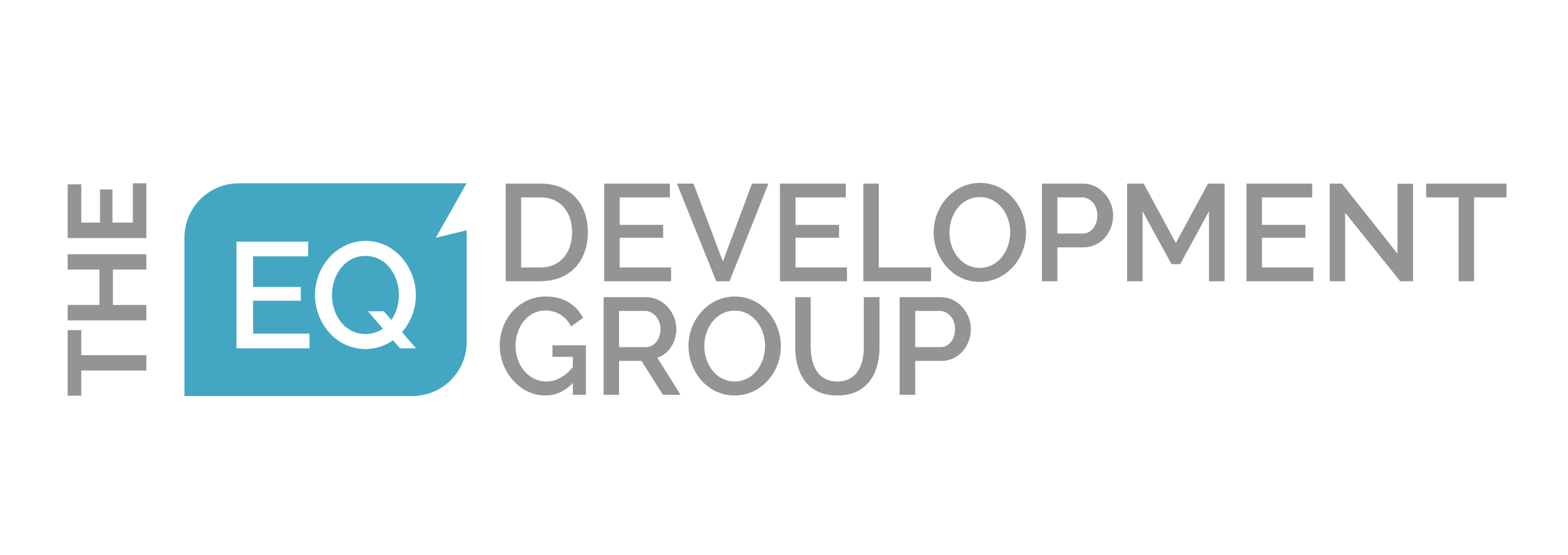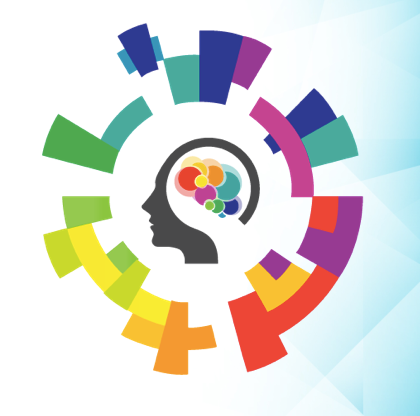Why Coaching Is The Best Way to Develop Emotionally Effective Leaders – Part 1 of 4
When it comes to helping leaders apply their knowledge of emotional intelligence to everyday situations, what’s easy often doesn’t work, and what works often isn’t easy. In this series of four blog posts, I’ll look at why coaching is one of the most effective leadership development processes, and how coaching can help develop not just emotionally intelligent leaders but emotionally effective leadership.
According to industry researchers Bersin and Associates, U.S. companies invested an estimated $13.6 billion in 2012 in leadership development activities, but the actual impact of that spending remains unknown. If statistics such as those reported by the Edelman Trust Barometer are to be believed, the levels of trust and belief in the effectiveness of organizational leaders are going down, not up.
How do we solve this crisis? Many have identified the need for leaders with higher levels of emotional intelligence, but since the concept of emotional intelligence (EQ) entered the mainstream in 1995 (when Daniel Goleman released his seminal book Emotional Intelligence: Why It Can Matter More Than IQ), there has been no shortage of workshops, courses, and seminars on the topic of emotional intelligence. The vast majority of these offerings focuses on helping leaders develop better understanding of the EQ construct, but what is really needed is support for leaders to use that knowledge with positive effect.
If we truly want to use emotional intelligence to develop more-effective leaders, we must not just help them understand and interpret emotions and reactions, we also must support them in their efforts to apply emotional information effectively to create the desired impact.
One of the most interesting challenges of developing emotionally effective leadership skills is that it’s hard to simulate. Role-playing, a common feature of many classroom-based leadership and management development programs, doesn’t evoke the real emotions experienced by leaders at work. As a result, those who demonstrate impressive role-playing in classroom settings often fail to apply those same skills back at work. A classroom isn’t the real world with all its personalities, relational complexities, power issues, politics, and allegiances.
Perhaps the biggest challenge is that most workshops are singular events. Leaders have the opportunity to learn new skills and practice them in a role-play setting, but rarely is the loop closed in a way that the leader can later try the new skills, report back, analyze outcomes, reformulate a plan, apply it, and repeat as needed.
That’s just one of the reasons why coaching is such a powerful tool and arguably the most effective way to develop emotionally effective leaders. As a coach, consultant, or HR professional you can help your clients to understand emotional intelligence and also use that client’s real-life situations, challenges, and opportunities to support them in developing emotionally effective strategies for action.
If your client organizations or individual clients are looking to workshops as a way to develop their leadership skills, you can point out to them that while workshops are a great way to raise awareness, learn new tools, techniques, technologies, and processes, workshops shouldn’t be regarded as the most effective ways of cultivating leadership ability. There are more effective ways of doing that, as we will explore next week.





